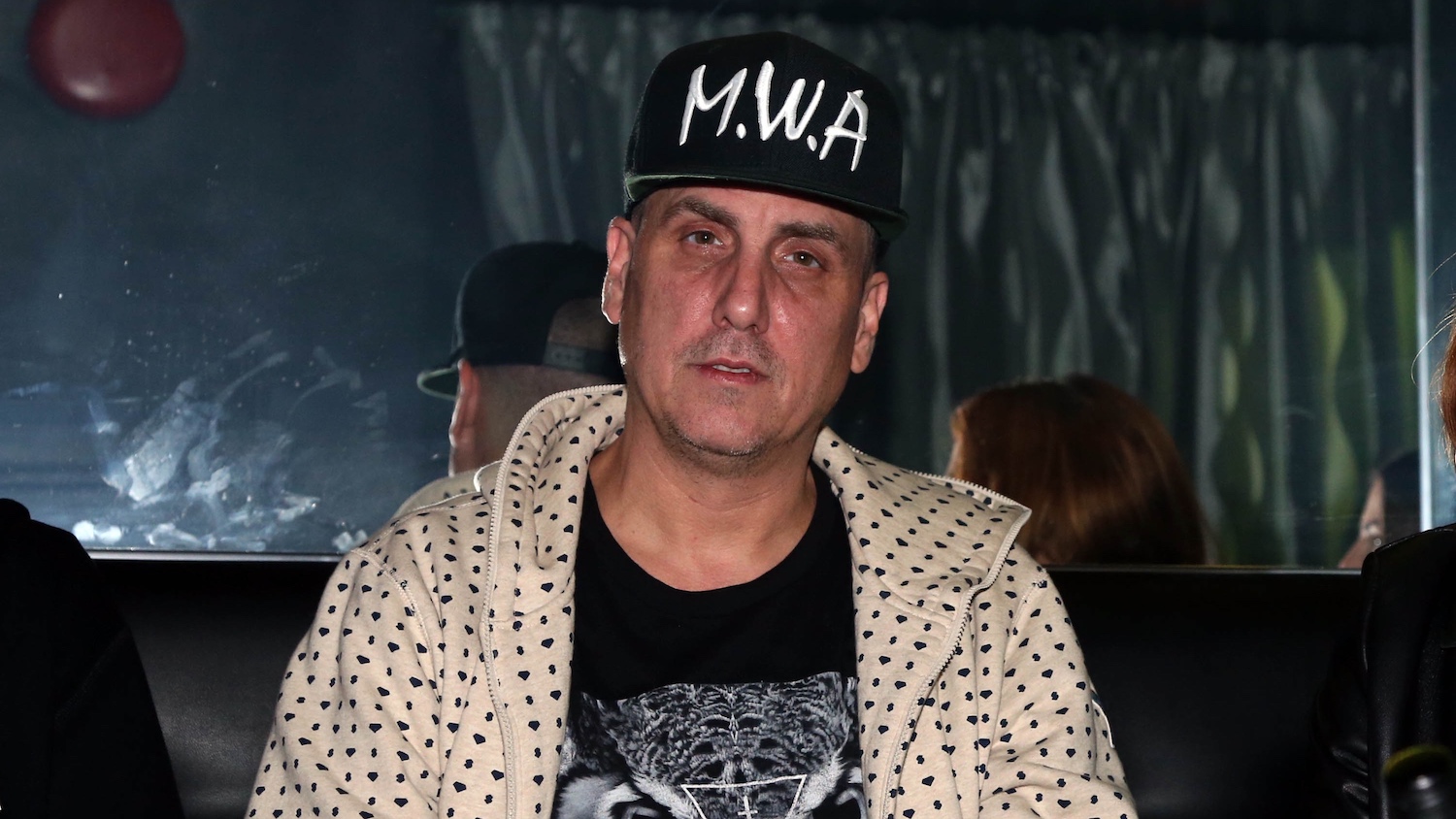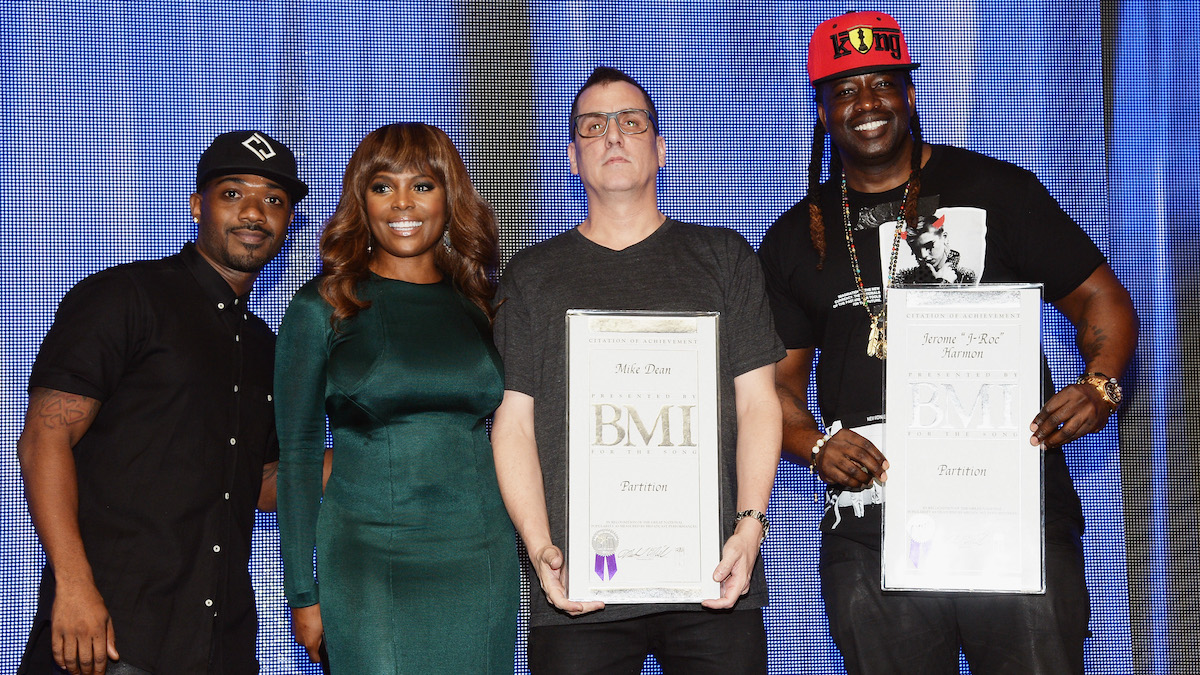“U wanna hear the raw files”: Producer Mike Dean tells streamers to switch off auto levelling on every music platform, and hear the music as it was meant to be heard
He has a point, but you might get a rather 'bumpy' listening experience…

Hip hop and megastar record producer and synth wizard Mike Dean has implored followers across his social platforms to ditch the auto levelling or loudness normalisation on all music streaming services and listen to the music how it was meant to be heard. Sensible advice? Common sense? Or a one-way ticket to over-stressed ears and monitors?
The record producer and audio engineer has worked with a vast number of superstar names including Beyoncé, The Weeknd, Lana Del Ray, Drake, Madonna, and Jay-Z – not to mention being both the guitarist and keyboardist for Kanye West and Travis Scott – so knows a thing or two about how to produce, play, and indeed listen to music.
But while his latest advice might seem like common sense – to turn off any auto-levelling or loudness optimisation on whichever music streaming service you are listening to – you might end up with quite a bumpy audio ride because of it.

Loudness normalisation for music streaming is basically in place to offer a maximum ceiling in volume, or to boost lower volume levels to deliver a target 'standard' level. Think of it as how a compressor works – boosting the low levels, compressing the highs – and you won't be too far off.
In music listening, loudness optimisation is designed to compensate for music that might have been mastered in different ways depending on what was in vogue in the studio at the time.
One notable result, which older readers with early iPods will attest to, was that music from, say, the early 1980s might have sounded that much quieter than something that was super-compressed in the late '90s or early 2000s.
It made for an uneven listening experience, to say the least, with you often leaping to the volume control whenever the odd (say) Metallica song cued itself up in Shuffle mode.
Get the MusicRadar Newsletter
Want all the hottest music and gear news, reviews, deals, features and more, direct to your inbox? Sign up here.
Rather than remaster every track for upload and to make it easier for producers to master their own tracks for streaming, most if not all music services have introduced their own auto-levelling to compensate for uneven masters.
Spotify explains how its auto levelling works here, with advice on mastering your own music for upload. Basically the company applies negative gain to louder masters for a level of -14 dB LUFS (loudness units relative to full scale), and positive gain to quieter masters to result in the same -14 dB LUFS level.
Spotify, along with Amazon, YouTube, Tidal, and SoundCloud all aim at the -14dB LUFS level, while Apple Music has a slightly quieter -16db LUFS. Spotify also says, "we consider the headroom of the track, and leave 1 dB headroom for lossy encodings to preserve audio quality".
All sensible actions, you might think, but as Dean points out, you're not hearing the original masters in their full dynamic glory. After telling his followers to ditch the compensation, many have said that they are now enjoying richer listening results because of it, while just as many are asking exactly how to do it (on most services it is an easy click in the setup/preferences panel). We like the adverts for 3D crystal figures that pop up at random on X too.
What we'd say is that, yes, "ditching the switch" – our new, handy catchphrase for the operation of reducing auto-level compensation – will get you closer to the original masters; the raw files as Dean suggests. But if you are a fan of both Metallica's Death Magnetic album and Talk Talk's Spirit of Eden – an unlikely scenario, perhaps – then don't come running to us when you find yourself hitting the volume dial on every shuffle.
Andy has been writing about music production and technology for 30 years having started out on Music Technology magazine back in 1992. He has edited the magazines Future Music, Keyboard Review, MusicTech and Computer Music, which he helped launch back in 1998. He owns way too many synthesizers.












